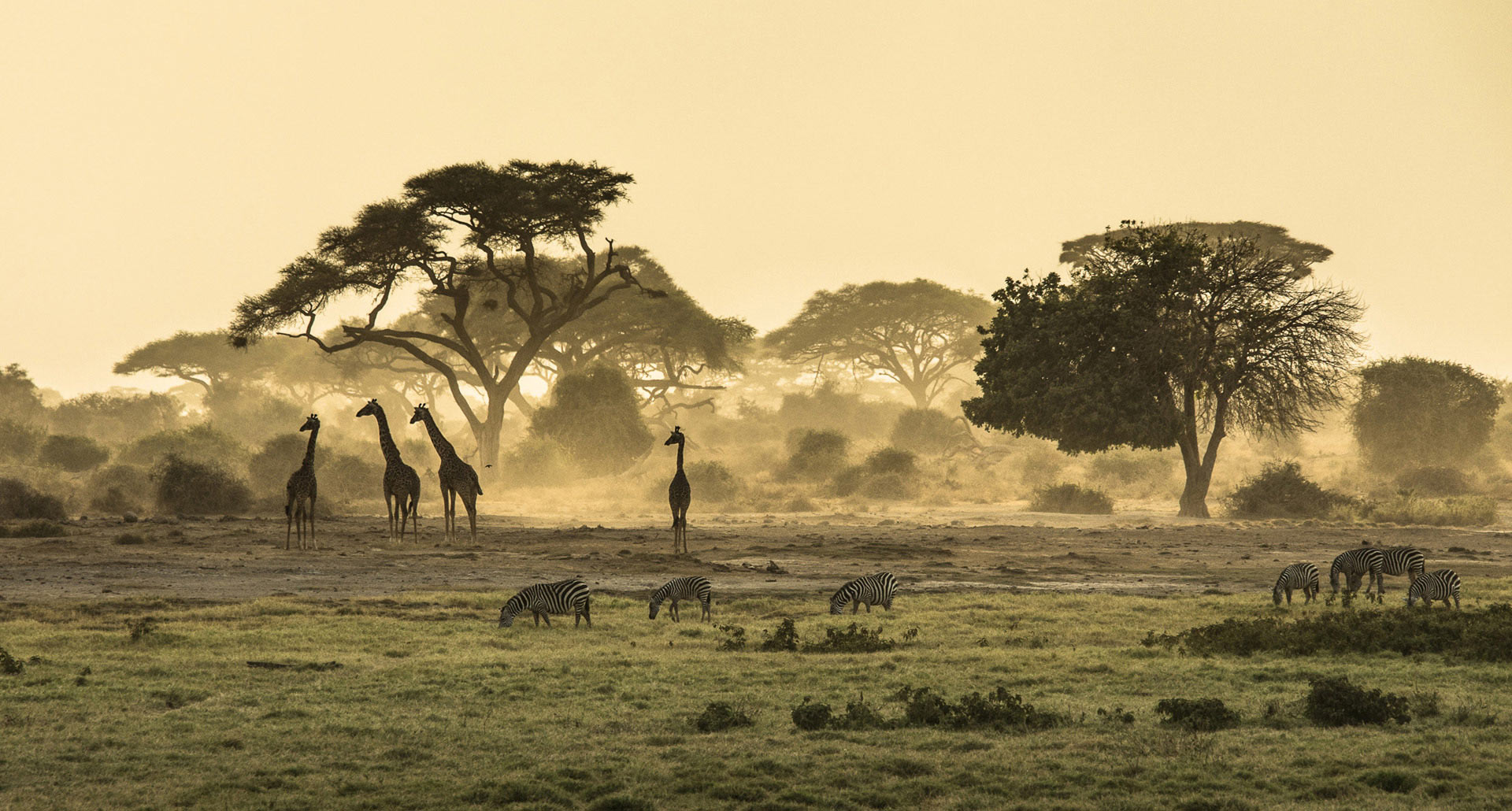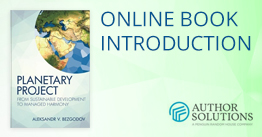Worldview
Since the first independent steps of our mind, we have never stopped pondering the question about whether the world we live in and the world our mind perceives are actually the same thing, how precisely, adequately and fully we are able to take in, make sense of and express this world. In other words, how correct our view can be in regards to the world.
Human worldview can never be fully objective and sterile of value judgment inherent in it. We have reached enormous achievements in formal and natural sciences, programming, engineering; we are working on artificial intelligence, but it has not freed us from our emotions, sensitivity, faith and the longing for the irrational or extra-rational. Humans are designed to live in two worlds simultaneously: the physical world of nature and the spiritual world of their worries, concerns, thoughts and abstractions. Everyone of us equally combines everyday experience with scientific concepts and theories, moral norms and ideals with myths, religious tenets, habits and superstitions. Both the external, physical world and the internal, ideal world are real for us. These worlds can be special to us to varying degrees, which determines how much influence they have on our behaviour.
The content of a worldview often presents the bone of contention between people because we see and feel the world differently. There is no ideal world for all of us yet and there are a multitude of reasons for it: religious beliefs, culture, ideology, the level of education, upbringing and personal experience.
With human history unfolding, man has acquired new knowledge and skills, exerted an increasing impact on the environment, developed technology and social relations; people’s worldview has undergone serious transformation. Today, the issue is not only the validity of expressing reality in experience and learning as much as it is in the commensurability of different pictures of the world, as well as of different worldview structures in social consciousness and social relations.
The strategy of a progress-directed development along the lines of social harmonization, global human integration for the sake of survival of the human species has, therefore, the task of achieving a worldview compromise. By respecting different lifestyles, understanding their role in a cross-cultural dialog, and comparing different value systems, we could form a platform of creating a planetary worldview, including a common perspective on major self-preservation in the face of global risks and the common solution to global problems.









